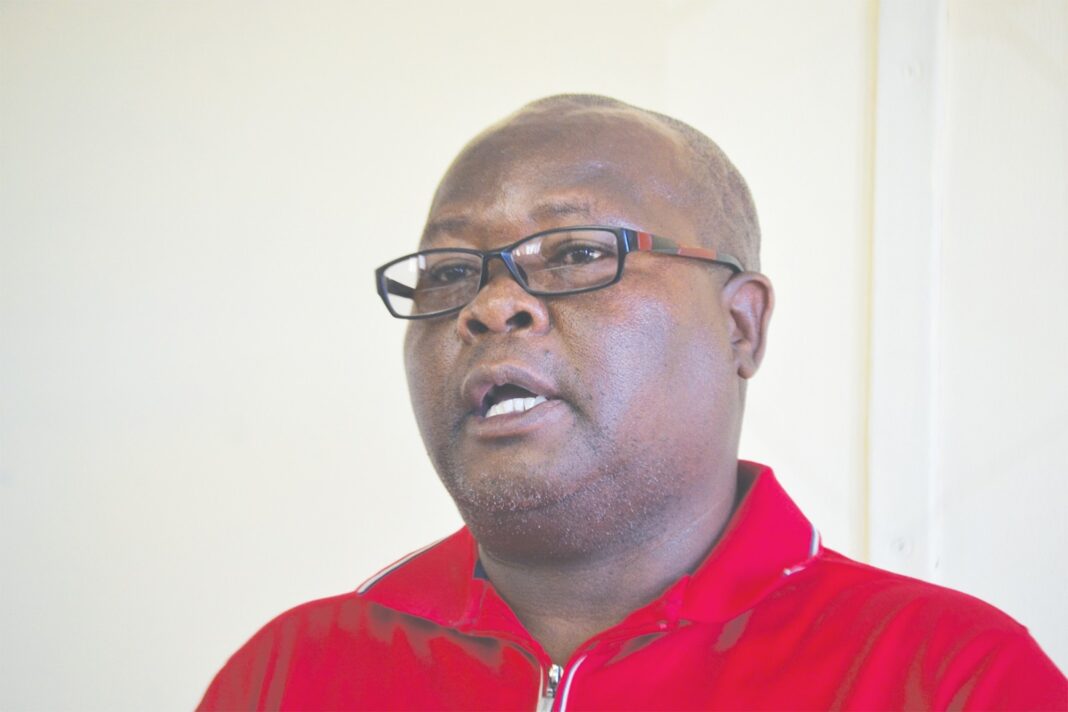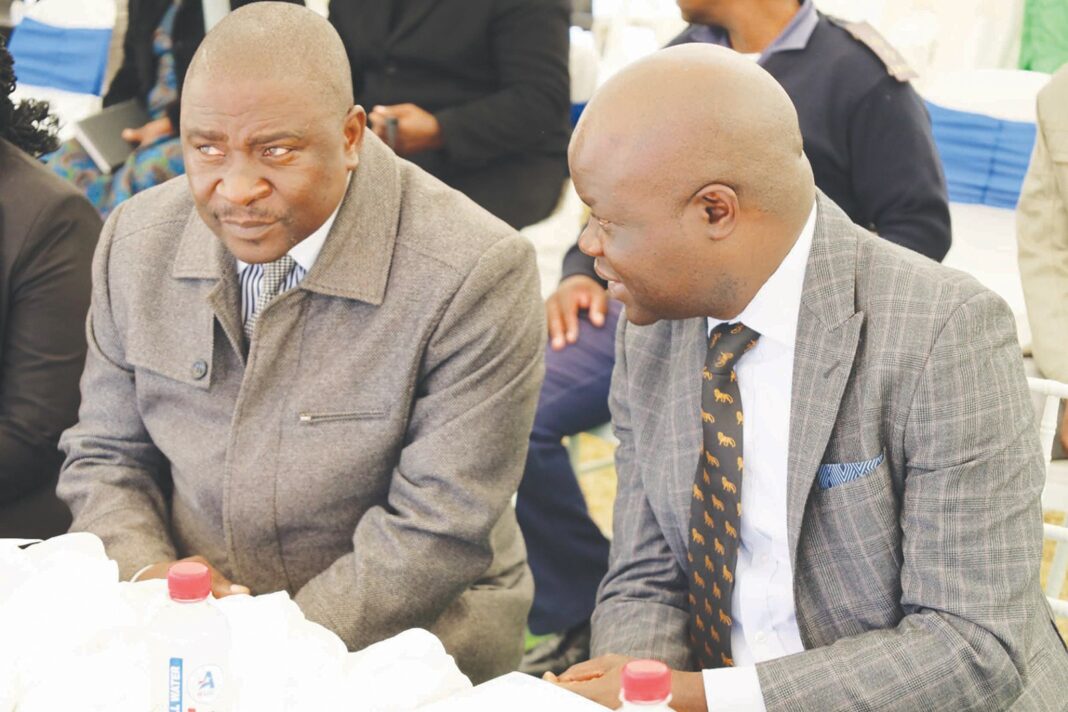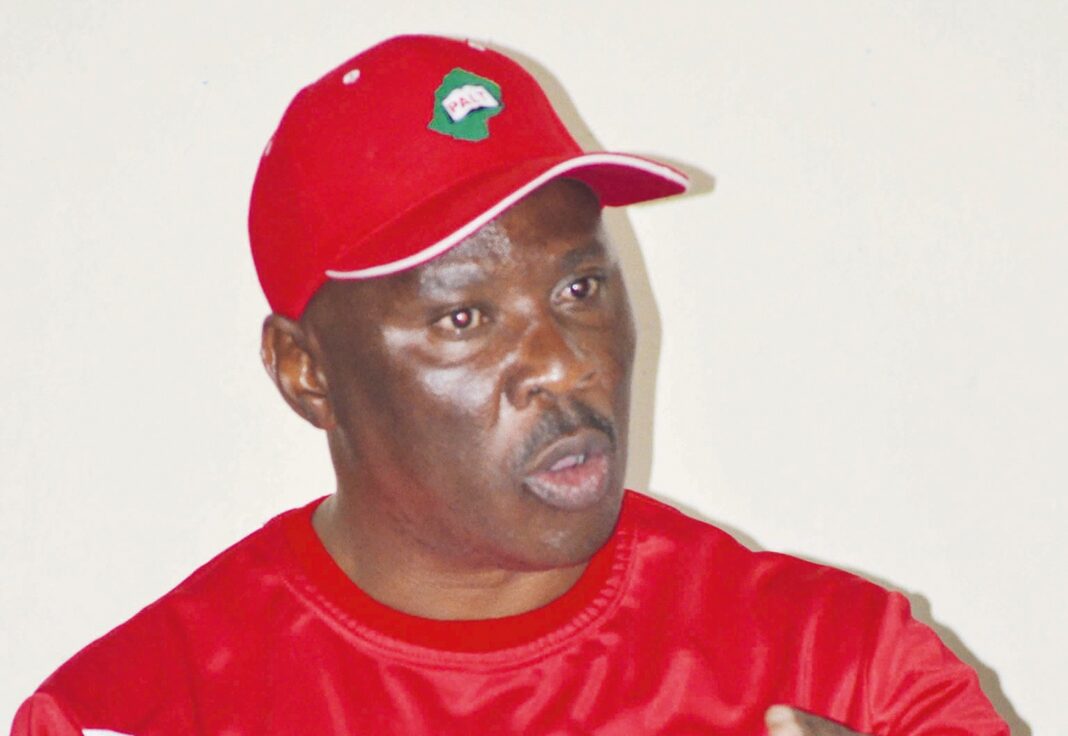By Seleoe Nonyane
A frustrated Lesotho Liquor and Restaurant Owners Association (LLROA) has threatened to take the government to court if it continues to turn a deaf ear to liquor sellers’ grievances regarding the Tobacco and Alcohol Levy Act which came into effect on March 1 2023.
The Tobacco and Alcohol Product Levy Act 2023 paved way for the introduction of tax on these two products at all stages of the business cycle.
The government intends to use the legislation as an instrument to influence acceptable or normal consumption of tobacco and alcohol products.
It is also expected to increase government revenue in order to fund developmental programmes in the country.
The levy rate for tobacco products is 30 percent while the rate on the alcoholic products is 15 percent.
LLROA chairperson Motseki Nkeane told theReporter that he was still hopeful that government will eventually heed the concerns of business people since they have not yet been granted an opportunity to meet with Prime Minister Sam Matekane.
Nkeane was optimistic that Matekane will take note of the grievances, adding that the organisation will continue to seek an audience with him.
“Our attempts to meet with the prime minister through a peaceful march failed because we were denied the required permits. We were under the impression that it is the police that issue such permits, but it turned out we needed prior clearance from Maseru City Council (MCC) in order to get a permit from the police.
“MCC, on the other hand, told us they could only issue a clearance if the office of the prime minister’s office had granted us permission to get a permit,” he said.
He also noted that LLEROA last week had a meeting with the parliament economic cluster and the minister of finance and development planning, Rets’elisitsoe Matlanyana, where they were given an opportunity to table their grievances.
“We were shocked when the minister told us it is wrong for members of the public to question or be disgruntled when a law has been passed,” Nkeane said.
He also indicated that should the association’s engagement with government fail to yield positive results, they would consider taking the legal route.
“Our apprehensions stem from our observations. Both liquor and tobacco products are being smuggled into the country. In addition to Lesotho prices being higher than those in South Africa, the illegal sale of these products is also proliferating,” Nkeane said.
The introduction of the levies also means jobs would be lost as employers go out of business and are forced to shut down their operations.
In addition, government revenue would also decline as consumers get their stock from South Africa where prices are lower, he added.
Meanwhile, LLEROA said last week’s decision by government to impose a curfew was the final straw that broke the camel’s back.
“You will recall that liquor and restaurants were the first to be shut down during the Covid-19 restrictions. They were also the last to be cleared to reopen.
“Just as we are in the process of recovery the government introduces the levy and now the curfew. It is hitting us real hard because the curfew hours of 10 pm and 4am are a time when we are busiest.
“Another bad thing about this curfew is that criminals take advantage and loot businesses when there is no movement of people,” the organisation said.
This publication on Wednesday approached MCC public relations officer ‘Makatleko Mosala to seek clarification on the role it plays in the issuance of permits to people who want to hold a peaceful march to the prime minister.
Mosala could however, not comment saying she was in a meeting.
For his part, the PM’s press attachḗ, Thapelo Mabote, said it is not true that the office of the premier is involved in issuing permits.
He explained that organisations planning protests against the prime minister write to the police seeking permission to do so.
“The police will then evaluate their applications and make a decision on whether they qualify for the permit or not,” Mabote told theReporter on Wednesday.
In an analysis of the Act in March this year, the tax advisory service manager for Revenue Services Lesotho, Mosiuoa Masoabi, explained how the levy operates and who has the mandate to collect it.
He said in Lesotho there is an alcoholic products manufacturing company that sells to wholesalers who sell to retailers who in turn sell to consumers.
“So, the manufacturer will charge the wholesalers according to the cost of the alcohol then the wholesalers will also be expected to charge the levy on traders.
“All the stages charge the levy and it will be paid by consumers of alcohol,” he noted.
Masoabi said the levy is also charged on alcoholic and tobacco products coming into the country and the expectation is that the RSL staff will collect the tax at Lesotho’s borders.
He indicated that the levy is charged on the market value of the products.
“When we charge the levy, we do so on prices that are not VAT (value added tax) inclusive. The expectation is that if one is VAT included we will remove the VAT, charge the levy and then take back the VAT after charging the levy.
“Moreover, not all traders of alcohol and tobacco products can charge the levy but only traders who have registered for VAT and make an annual turnover of not less than M850 000 and are also registered for levy purposes.
“RSL staff or customs officials at all entry ports in Lesotho are also expected to collect the levy from businesses and individuals,” Masoabi added.









